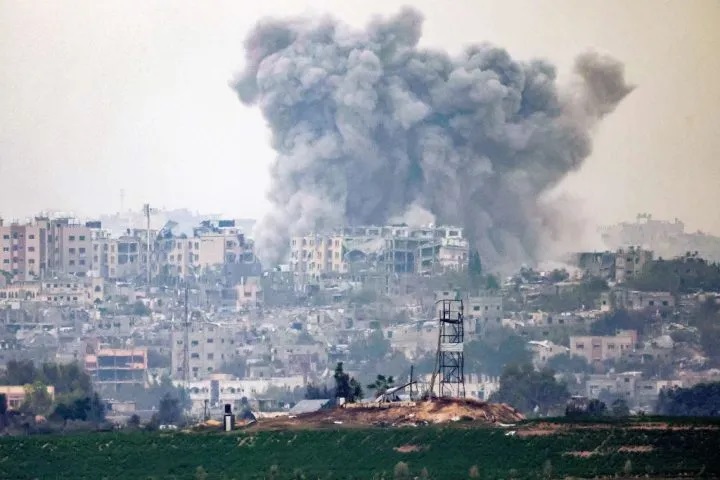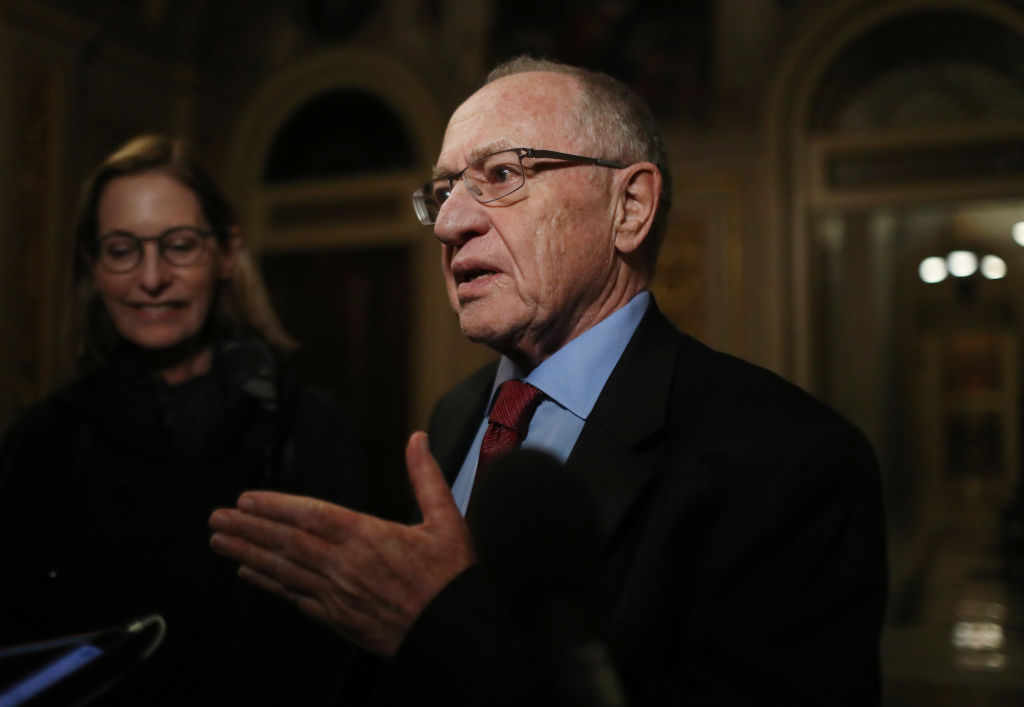In every round of fighting between Israelis and Palestinians in the last twenty years, I have always wanted an immediate ceasefire. The way I see it, we Israelis were unwilling to pay the price it would cost to remove the Hamas regime and the dangers of Hamas had seemed manageable. Conflicts such as Operations Cast Lead (2008 to 2009), Pillar of Defense (2009), and Black Belt (2019) to name a few, seem like a futile cycle of blood-letting with immense human costs. This was the mainstream view of Israeli liberals.
But now, like almost the entirety of the Israeli left, I believe that in our current situation an immediate ceasefire is not an option. I also believe those on the left in the US calling for a ceasefire are mistaken: this time, it’s different.
There is hope for peace between Israel and Palestine. But not while Hamas continues to hold power
There is no way to curtail Hamas without military action. We know this now. The alternative — trying to build gradual cooperation with Hamas using diplomacy or withdrawals — was attempted. That has all been proven to have failed. The recent atrocities make it evident to the world now, that Israel cannot continue to exist next door to an Iran-proxy ISIS-like religious fundamentalist organization sworn to kill all of the Jews in Israel. And an organization which has shown what it wants to do and continues to amass military power which allows it to do what it intends to do.
;768:[300×250,336×280,320×100];0:[300×250,320×100,320×50]”]There is hope for peace between Israel and Palestine. But not while Hamas continues to hold power. In fact, without Hamas, it is quite possible that the Israeli Palestinian conflict would have been over more than a generation ago. Hamas was the main culprit in derailing the 1993 Oslo peace process, with a series of suicide bombings. Moreover, without Hamas, Gaza would have thrived, after Israel withdrew all of its settlements and army presence from the region in 2005. Without the terrorist activity of Hamas, there would be no need to blockade Gaza.
It could be argued that while the removal of Hamas is desirable, it’s impractical. I disagree. Hamas has been kept in power not due to its strength, but the perception that it is relatively weak — and the perception of Prime Minister Netanyahu that the division between the Palestinian Authority and Hamas is beneficial.
Now it is clear that Israel is unlikely to continue to exist as a relatively liberal, prosperous country without curtailing Hamas. Israelis will have to fight like the Ukrainians, but with a military advantage. It is also clear that Netanyahu’s days as a failed PM are soon to be over.
This necessity of war does not mean that the life of Palestinian children doesn’t matter — or that we trust the government to conduct an accurate military mission. I believe the most effective thing the world can do is to help Israelis and Palestinians remove Hamas carefully, lawfully and completely.
The world should help evacuate every civilian who wishes to escape the Gazan battlefield, via land or sea — and help them find decent shelter with an unshakable promise of a prompt return. It should provide Israel with military support and protections against Iran and Hezbollah, in exchange for ensuring that Israel fully abides by international rules of war. It should help form alliances and secure immense funds for institutions that will help rebuild Gaza and assume the role of sovereigns once Hamas is removed. In exchange for this crucial help, the world should also demand Israel radically change its approach in the West Bank.
;768:[300×250,336×280,320×100];0:[300×250,320×100,320×50]”]And, I must admit, I do think the West Bank is a very different story and almost orthogonal to Gaza. In that area, there exist completely different distributions of moral blame and different types of solutions. The right wing Israeli governments of recent years have continually expanded the settlements, gradually stifling the Palestinian Authority and population — and deliberately eroding the possibility of a two-state solution. Harsh criticism of Israel and activism on that front is completely justified.
However, when it comes to Gaza and Hamas, a ceasefire will not mean peace. A ceasefire means a return to October 7. So I would say to members of the US Congress, the Mayor of London, the prime minister of Spain and others calling for a ceasefire: please tell us how the next few months play out. Does Israel wait for the next Hamas strike? Would the US? Would London? Would Spain? How would a ceasefire do anything other than let Hamas regroup and plan a new attack?
Your concerns for the life of innocent Palestinians is laudable. However, your moral duty is to help find ways to protect civilians from the horror of war, while helping Israel fend off the horror of Hamas. This is a difficult task, but an unavoidable one.
In the past, Israel has fought needless and avoidable campaigns: and those of us on the Israeli left have not been slow to criticize. But to revert to the knee jerk positions of the past will not help a situation where things have changed, and changed utterly.
This article was originally published on The Spectator’s UK website.
;768:[300×250,336×280,320×100];0:[300×250,320×100,320×50]”]

























Leave a Reply